Industrial equipment represents a significant investment for businesses, and maximizing the lifespan of these assets is essential for maintaining operational efficiency and profitability. Here are valuable maintenance tips and best practices to help businesses prolong the lifespan of their industrial equipment and ensure optimal performance.
Industrial Equipment Maintenance Tips
Regular Inspection and Cleaning:
Regular inspections and cleaning are fundamental maintenance practices that can help prevent the accumulation of dirt, debris, and contaminants that can degrade equipment performance and lead to premature wear and tear. Establishing a routine inspection schedule and adhering to manufacturer-recommended cleaning procedures can help identify issues early and mitigate potential damage.
Lubrication and Fluid Maintenance:
Proper lubrication is essential for minimizing friction, reducing component wear, and ensuring smooth equipment operation. Regularly lubricating moving parts, bearings, and other critical components according to manufacturer specifications can help extend their lifespan and prevent costly breakdowns. Additionally, monitoring fluid levels and quality, such as hydraulic oil, coolant, and lubricants, is crucial for maintaining equipment efficiency and performance.
Tightening and Alignment Checks:
Over time, equipment components may become loose or misaligned due to vibration, thermal expansion, or normal wear. Conducting regular tightening and alignment checks on bolts, fasteners, belts, and pulleys can help prevent equipment malfunctions and structural damage. Implementing a preventive maintenance program that includes periodic inspections and adjustments can significantly extend the lifespan of industrial equipment.
Replacement of Wear Parts for Industrial Equipment:
Wear parts such as belts, chains, filters, and cutting blades are subjected to constant stress and abrasion during operation and may require periodic replacement to maintain optimal performance. Monitoring wear indicators and proactively replacing worn or damaged parts can prevent costly downtime and extend the overall lifespan of equipment components.
Training and Operator Awareness:
Investing in operator training and promoting awareness of proper equipment operation and maintenance practices can significantly impact equipment longevity. Educating operators on safe operating procedures, maintenance protocols, and early warning signs of equipment issues can help prevent accidents, reduce downtime, and maximize equipment lifespan.
Conclusion:
By implementing proactive maintenance strategies and adhering to best practices, businesses can extend the lifespan of their industrial equipment, reduce operating costs, and enhance operational efficiency. From regular inspections and lubrication to timely replacement of wear parts and operator training, each maintenance step plays a crucial role in preserving equipment integrity and performance. By prioritizing equipment maintenance and investing in preventive measures, businesses can safeguard their assets and ensure long-term success.

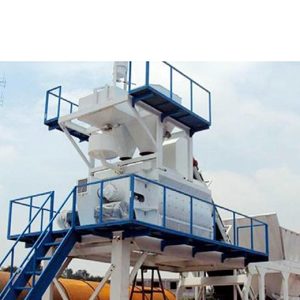
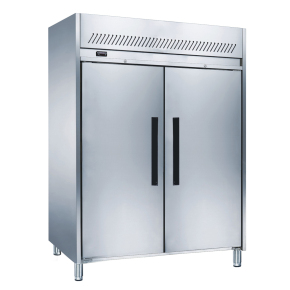
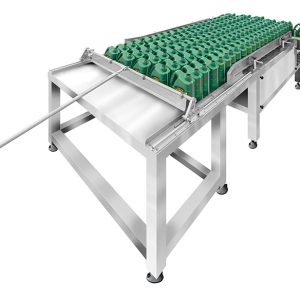
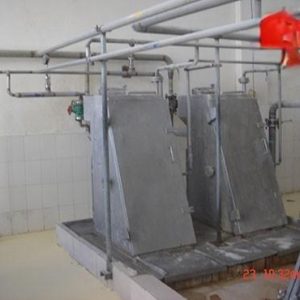
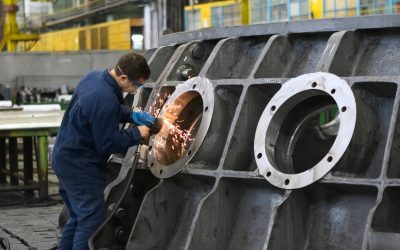
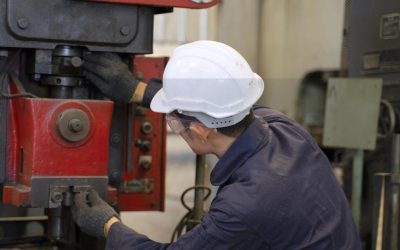


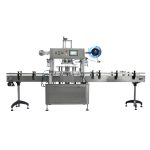
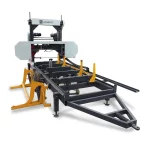
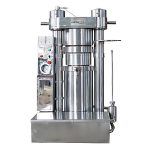
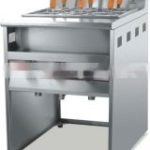
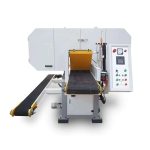
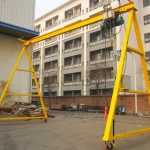
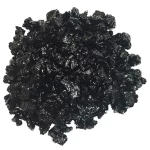


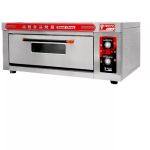
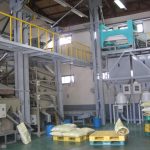
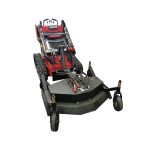

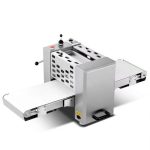

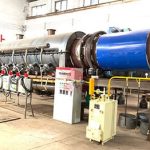
0 Comments